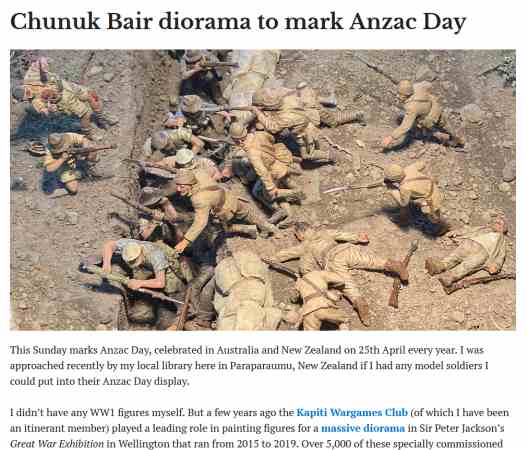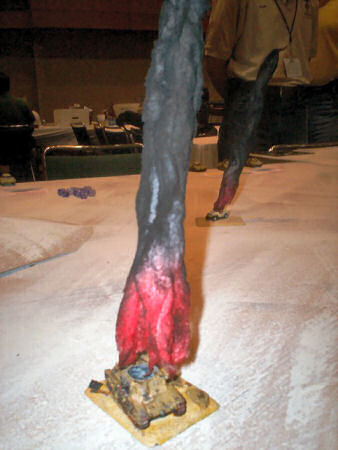
This award-winning film was being featured by my local library, so I decided to plunge into this historical epic.
The story begins as two Chinese opera singers reunite after the chaos of the Cultural Revolution. Then we see in flashback their lives over most of the 20th Century.
During the Warlord period, a prostitute signs her young son Douzi over to an opera company. He is small and easily bullied, but another boy, Shitou, stands up for him. The children learn to dance and sing in the manner of Chinese opera, while subject to brutal discipline.
It is the custom for all roles to be played by males, but Douzi (now a teenager) resists playing female roles; the opera almost loses a wealthy sponsor, but Shitou pressures Douzi to cooperate. Shitou and Douzi are successful in the play 'Farewell, My Concubine', where the King (Shitou) faces defeat by his foe, and his concubine (Douzi) sings a song refusing to leave him, then shows her loyalty by committing suicide.
Giving in to fate, the opera trainer allows Shitou and Douzi to visit an elderly, wealthy eunuch and opera patron, knowing that Douzi will be raped.
Flash forward to just prior to the Japanese invasion. Shitou (now played by Fengyi Zhang) and Douzi (Leslie Cheung) are young men and opera stars in Beijing. Douzi is obsessed by his role as the concubine, and is jealous when Shitou marries a scheming prostitute, Juxian (Gong Li). Douzi then begins an affair with another wealthy opera patron, Master Yuan (You Ge).
Chaos ensures as Beijing endures the Japanese occupation, liberation by Chinese republic soldiers, then the Communist takeover, and eventually the Cultural Revolution. Shitou and Douzi are tied together as opera-brothers, requiring each other for success, rescuing each other at times from crisis, while Douzi and Juxian are mutually hostile.
The movie ends by coming back to the original story, as the now-elderly opera stars rehearse for a special presentation.
If you are looking for an historical epic, this is it, with armies marching in and out and beautiful settings. If you like Chinese opera, you'll be disappointed by abbreviated performances; if you don't like Chinese opera, there is too much of it. The movie assumes the viewer has a basic understanding of modern Chinese history, and reading the novel in advance helps to understand what is going on.
Gong Li shines as Juxian, the whore who understands politics better than the men, and who develops from gold-digger to sincere love for her husband. Leslie Cheung, who at the time was not openly bisexual, is limited by the script and flounces aimlessly through the film; Fengyi Zhang is charming but also limited in the role of the vain opera star whose integrity is challenged by circumstances. The supporting actors do fine jobs.
The movie was praised when it came out, as it was seen as Hong Kong cinema daring to take on subjects frowned upon by Beijing; the movie in fact was banned in China, but released in censored form after it won international awards. Chinese standards also prevented any depiction of gay love.
I liked parts of the movie. The story of the children in the opera training is fascinating, but I thought the rape of Douzi was not treated as seriously as it needed to be. Master Yuan defending Chinese opera in court against accusations of 'pornography' was inspiring. The scenes during the Cultural Revolution when the opera stars are pressured until they turn on one another are unforgettable.
However, I did not like the movie as a whole. Despite the length of the film, it still feels like they tried to cram too much into it, and the viewer who is not familiar with the novel will be lost at times. Shitou and Douzi show very little character development. Suicide is used for dramatic point so often it becomes trivialized.
Can you wargame it? Despite the film including warlord forces, Japanese invaders, Kuomintang liberators, and Communist ragtag soldiers, there is little here to provide context, and no battle scenes.
I can't recommend the film.










